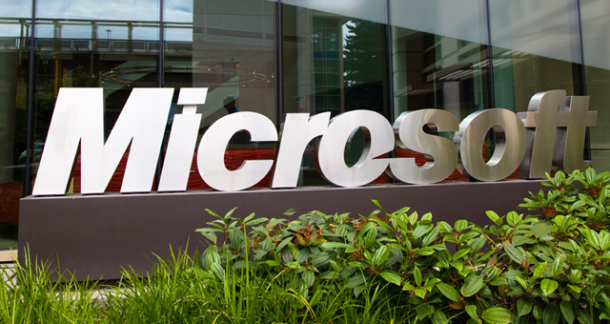EU antitrust regulators to probe Microsoft over browser choice

Microsoft is back under the EU antitrust spotlight after it was accused of failing to give its European customers a choice of Web browser, following the terms of a 2009 settlement.

The European Commission said it had received complaints that Microsoft misled EU authorities over its "browser ballot" screen, which was first rolled out to Windows users in February 2010. The software giant may not have provided all customers with a screen where a choice of browser could be selected, the EU's antitrust chief said today.
The browser ballot was a mandatory update issued as part of the company's efforts to comply with the ruling. It allowed competing browsers --- such as Firefox, Opera, and Chrome --- to be offered alongside Microsoft's own Internet Explorer as part of a settlement with EU regulators.
Microsoft is accused of not offering the screen since February 2011 when the software giant issued Windows 7 with Service Pack 1, meaning more than 28 million customers who bought the latest version of Windows with the patches pre-loaded may not have seen it.
The Redmond-based company said it was committed in making the browser ballot screen available until 2014 under the terms of the settlement, after it was accused of tying Internet Explorer to its market dominant Windows operating system to keep ahead of the burgeoning competition.
"We take compliance with our decisions very seriously. And I trusted the company's reports were accurate. But it seems that was not the case, so we have immediately taken action," EU Competition Commissioner Joaquin Almunia told reporters earlier today.
"If infringements are confirmed, Microsoft should expect sanctions," indicating that Microsoft may face heavy financial penalties, or changes to how it conducts business in the 27 European member states.
This will be the first time the Commission had dealt with a company that had failed to meet requirements under a previous antitrust ruling, Reuters noted. The Commission said it will treat the case as a "matter of priority."
Microsoft faces a fine up to 10 percent of its global annual turnover should it be found flouting European antitrust laws; a figure that could total close to €5.7 billion ($7 bn; £4.5 bn).
In a public statement, Microsoft admitted it had "fallen short in [its] responsibility" to update Windows 7 Service Pack 1 "due to a technical error."
"While we believed when we filed our most recent compliance report in December 2011 that we were distributing the BCS software to all relevant PCs as required, we learned recently that we've missed serving the BCS software to the roughly 28 million PCs running Windows 7 SP1."
"While we have taken immediate steps to remedy this problem, we deeply regret that this error occurred and we apologize for it," the statement added.
Update at 1:00 p.m. BST with Microsoft's statement.